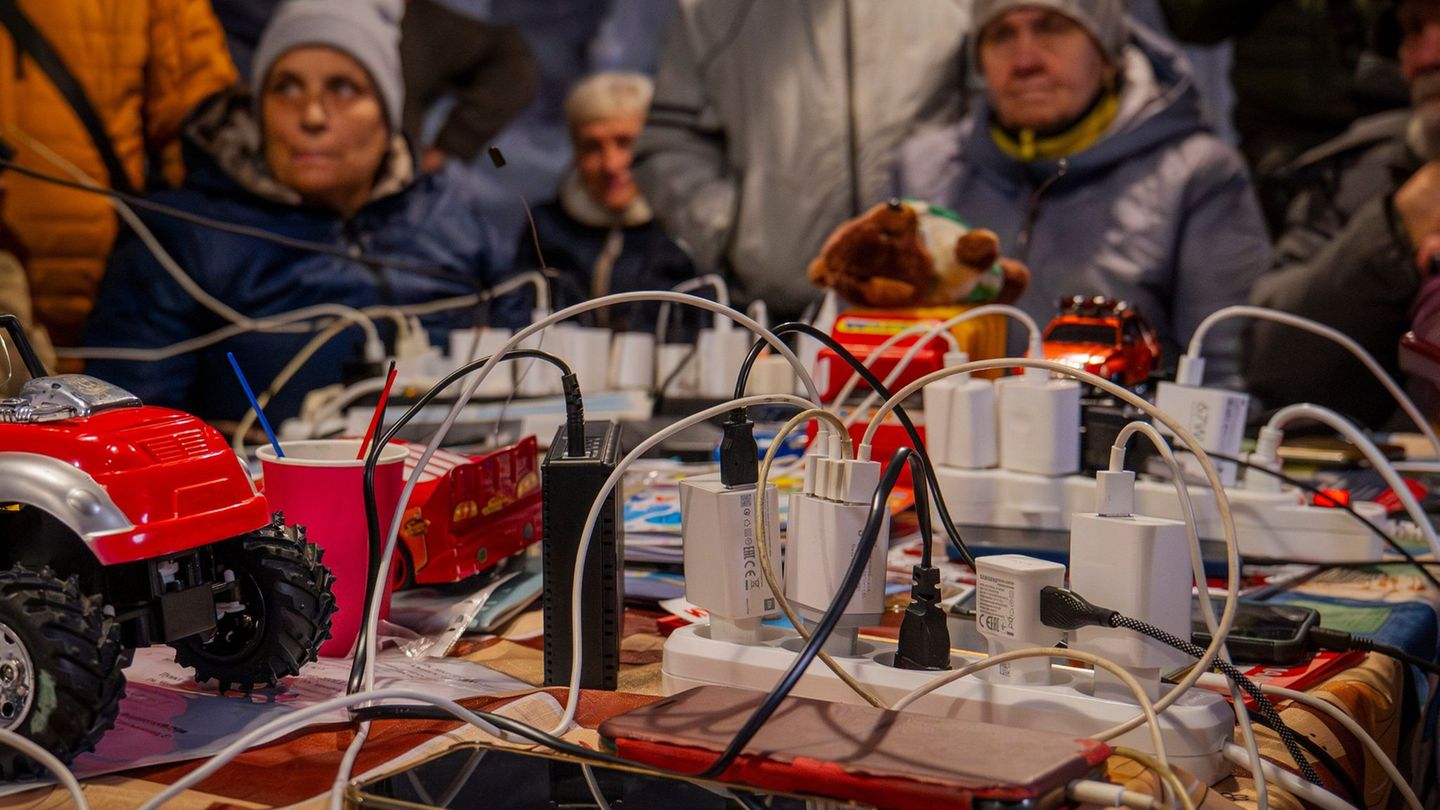I have been working in the news industry for over 6 years, first as a reporter and now as an editor. I have covered politics extensively, and my work has appeared in major newspapers and online news outlets around the world. In addition to my writing, I also contribute regularly to 24 Hours World.
Menu
Election campaign: Who wants what with migration and how is that supposed to fit together?
Categories
Most Read
Donald Trump is demanding $230 million from his own Justice Department
October 22, 2025
No Comments
Paul Ingrassia: Trump’s man with Nazi tendencies is retiring
October 22, 2025
No Comments
Chancellor’s words on migration: Merz still under pressure because of his “cityscape” statement
October 22, 2025
No Comments
Situation at a glance: More dead hostages identified – Vance meets Netanyahu
October 22, 2025
No Comments
Friedrich Merz: Angela Merkel is not coming to his 70th birthday
October 22, 2025
No Comments
Latest Posts

War against Ukraine: Parts of Ukraine without power after Russian airstrike
October 22, 2025
No Comments
IvanI have been working in the news industry for over 6 years, first as a reporter and now as an editor. I have covered politics

Own museum for Marchtrenk history
October 22, 2025
No Comments
Young visitors to the new Marchtrenker Museum The Marchtrenker cradle, in which a quarreling married couple was placed. The city of Marchtrenk is getting a

Halloween costumes 2025: scary outfit trends
October 22, 2025
No Comments
Lisa HarrisI am an author and journalist who has worked in the entertainment industry for over a decade. I currently work as a news editor
24 Hours Worlds is a comprehensive source of instant world current affairs, offering up-to-the-minute coverage of breaking news and events from around the globe. With a team of experienced journalists and experts on hand 24/7.

